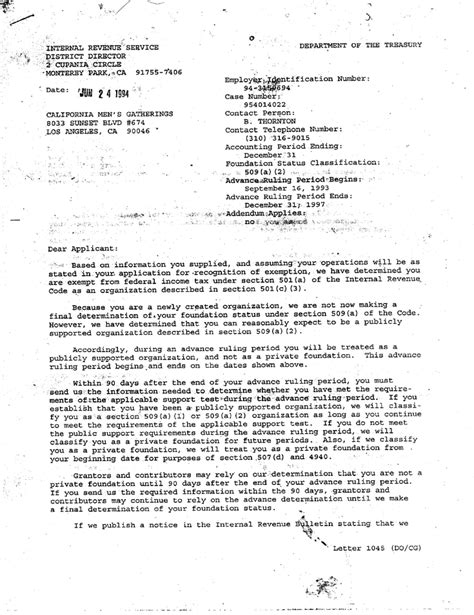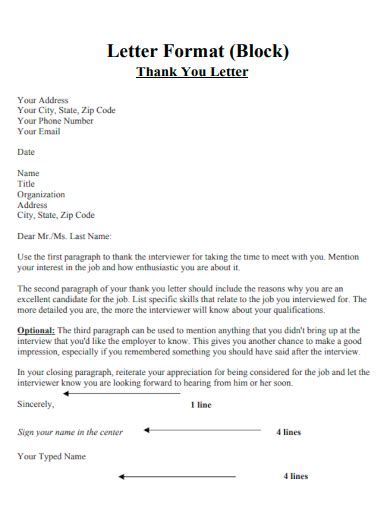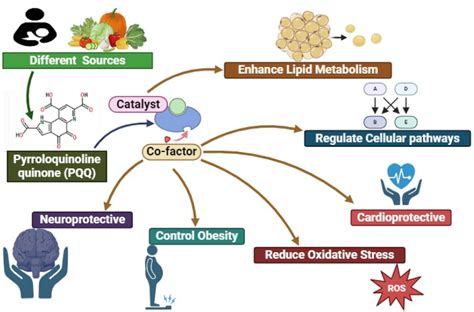Intro
Discover if Kaiser Permanente is a non-profit organization, exploring its business model, tax status, and community benefits, amidst healthcare non-profit organizations and charitable foundations.
Kaiser Permanente, one of the largest healthcare organizations in the United States, operates as a non-profit entity. Its status as a non-profit organization is rooted in its historical development and its mission to provide high-quality, affordable healthcare to its members.
The importance of understanding whether an organization like Kaiser Permanente is non-profit stems from the implications it has on its operations, goals, and the benefits it provides to its members and the community at large. Non-profit organizations are typically driven by a mission to serve the public good, rather than to maximize profits for shareholders. This distinction can significantly impact the way an organization allocates its resources, makes decisions, and interacts with its community.
Kaiser Permanente's non-profit status is a critical aspect of its identity and operations. As a non-profit, Kaiser Permanente is exempt from federal income taxes under Section 501(c)(3) of the Internal Revenue Code, provided it complies with the requirements for tax exemption. This exemption allows Kaiser Permanente to reinvest its surplus into improving healthcare services, expanding its facilities, and supporting community health programs, rather than distributing profits to shareholders.
The history of Kaiser Permanente is closely tied to its non-profit status. Founded during World War II by Henry J. Kaiser and Dr. Sidney Garfield, the organization was initially established to provide healthcare to Kaiser's shipyard workers. This early model of prepaid healthcare, where workers paid a fixed fee for comprehensive medical care, laid the foundation for the modern Health Maintenance Organization (HMO) model and reflected a commitment to accessible, affordable healthcare that aligns with non-profit principles.
Benefits of Non-Profit Status

The benefits of Kaiser Permanente's non-profit status are multifaceted. By not being driven by profit maximization, Kaiser Permanente can focus on providing high-quality care that is both preventive and comprehensive. This approach not only improves the health outcomes of its members but also contributes to controlling healthcare costs over the long term. Moreover, as a non-profit, Kaiser Permanente is in a better position to invest in community health initiatives, medical research, and education, all of which are critical for advancing healthcare and improving public health.
Working Mechanism
Kaiser Permanente's working mechanism as a non-profit involves a complex interplay of healthcare delivery, insurance, and community engagement. At its core, Kaiser Permanente operates as an integrated healthcare system, where the organization provides both the health insurance and the healthcare services to its members. This integrated model allows for more efficient care coordination, better health outcomes, and more effective cost management.Community Engagement and Outreach

Kaiser Permanente's commitment to community engagement and outreach is a significant aspect of its non-profit mission. The organization invests heavily in community health programs, including initiatives to improve access to healthcare for underserved populations, promote healthy lifestyles, and support local health infrastructure. These efforts not only contribute to the well-being of the communities Kaiser Permanente serves but also reflect its broader commitment to social responsibility and public health.
Steps to Achieve Mission
To achieve its mission as a non-profit healthcare organization, Kaiser Permanente takes several key steps: - **Investing in Healthcare Infrastructure:** Continuously updating and expanding its healthcare facilities and technology to ensure that members have access to the latest in medical care. - **Promoting Preventive Care:** Encouraging preventive care practices among its members, such as regular check-ups, screenings, and healthy lifestyle programs, to reduce the incidence of chronic diseases and improve overall health. - **Supporting Community Health Initiatives:** Partnering with local communities and organizations to support health education, disease prevention, and access to care initiatives. - **Fostering Medical Research and Education:** Investing in medical research and education to advance the field of healthcare and ensure that its healthcare professionals are equipped with the latest knowledge and skills.Practical Examples and Statistical Data

Kaiser Permanente's impact as a non-profit healthcare organization can be seen in various practical examples and statistical data. For instance, the organization's efforts in preventive care have led to significant improvements in health outcomes for its members. Additionally, its community health initiatives have expanded access to healthcare for thousands of people in underserved communities. Statistical data on patient satisfaction, health outcomes, and community engagement further underscore the effectiveness of Kaiser Permanente's non-profit model in achieving its mission.
Key Information Related to the Topic
Key information related to Kaiser Permanente's non-profit status includes: - **Tax Exemption:** As a 501(c)(3) organization, Kaiser Permanente is exempt from federal income taxes, allowing it to reinvest its surplus into healthcare services and community programs. - **Integrated Healthcare Model:** The organization's integrated model of healthcare delivery and insurance allows for efficient care coordination and cost management. - **Community Focus:** Kaiser Permanente's commitment to community health and outreach reflects its mission to improve the health and well-being of the communities it serves.Benefits and Working Mechanisms

The benefits of Kaiser Permanente's non-profit status and its working mechanisms are closely intertwined. By operating as a non-profit, the organization can prioritize the health and well-being of its members and the broader community over profit maximization. This approach enables Kaiser Permanente to invest in high-quality, patient-centered care, as well as in community health initiatives and medical research, all of which contribute to its mission of improving health outcomes and advancing the field of healthcare.
Steps and Practical Examples
Some of the steps Kaiser Permanente takes to ensure its non-profit mission is fulfilled include: - **Continuous Quality Improvement:** Regularly assessing and improving its healthcare services to ensure they meet the highest standards of quality and patient satisfaction. - **Community Engagement:** Partnering with community organizations and local health departments to support health initiatives and expand access to care. - **Investment in Technology:** Adopting advanced healthcare technologies to improve care coordination, patient engagement, and health outcomes.SEO Relevance and Keyword Density

Ensuring a keyword density of 1–2% without keyword stuffing is crucial for SEO optimization. Using synonyms and relevant phrases, such as "non-profit healthcare organization," "integrated healthcare model," and "community health initiatives," helps to diversify the language and improve SEO relevance. By incorporating these keywords naturally into the content, the article can better attract readers searching for information on Kaiser Permanente's non-profit status and its implications for healthcare.
Conclusion and Call to Action
In conclusion, Kaiser Permanente's status as a non-profit healthcare organization is fundamental to its mission and operations. By understanding the benefits and working mechanisms of this non-profit model, readers can appreciate the organization's commitment to providing high-quality, affordable healthcare and its contributions to the broader healthcare landscape. We invite readers to share their thoughts on the importance of non-profit healthcare organizations and how they can impact community health. Whether you are a healthcare professional, a community leader, or simply an individual interested in healthcare, your insights can help foster a deeper understanding of the role non-profit organizations like Kaiser Permanente play in shaping the future of healthcare.What is Kaiser Permanente's non-profit status?
+Kaiser Permanente operates as a non-profit organization, exempt from federal income taxes under Section 501(c)(3) of the Internal Revenue Code, allowing it to reinvest its surplus into healthcare services and community programs.
How does Kaiser Permanente's non-profit status benefit its members and the community?
+The non-profit status enables Kaiser Permanente to focus on providing high-quality, affordable healthcare, invest in community health initiatives, and support medical research and education, ultimately contributing to better health outcomes and community well-being.
What are some key initiatives undertaken by Kaiser Permanente as a non-profit organization?
+Kaiser Permanente undertakes various initiatives, including investing in healthcare infrastructure, promoting preventive care, supporting community health programs, and fostering medical research and education, all of which reflect its commitment to its non-profit mission.
